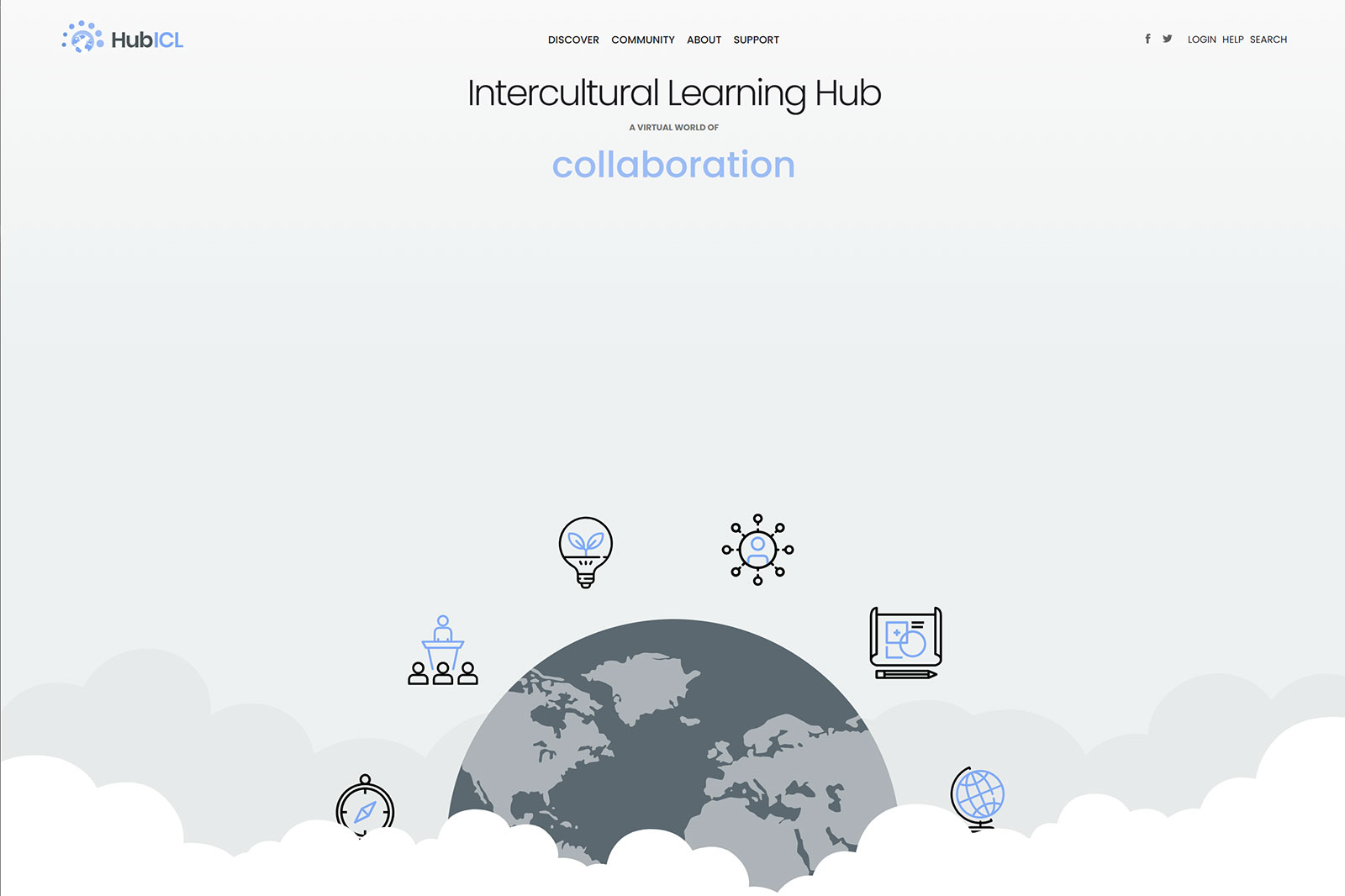

 Skip to navigation
Skip to navigation
Site Primary Navigation:
- About SDSC
- Services
- Support
- Research & Development
- Education & Training
- News & Events
Search The Site:

Published May 13, 2024

Purdue University houses its Intercultural Hub (HubICL) at SDSC. Credit: Purdue University
By Dylan Cairns and Kimberly Mann Bruch, SDSC Communications
Housed by the Hubzero team at the San Diego Supercomputer Center (SDSC) at UC San Diego, the Intercultural Learning Hub (HubICL) has recently showcased a series of self-learning modules related to intercultural and global learning, diversity, equity and inclusion. Created by Purdue University's Center for Intercultural Learning, Mentorship, Assessment and Research (CILMAR), the new classes are a part of the HubICL gateway called the Professional Development Zone (PDZ).
With the mission to create an open-access platform, the HubICL PDZ offers users opportunities to explore a plethora of self-learning blocks and curate content in block format for others to dive into. A multitude of informational courses facilitate engaged learning through discussion boards, videos, activities, reflections and capstones. The PDZ also allows users to add new content blocks – providing developers a way to share their expertise with applicable professionals.
“The HubICL is achieving my vision of a one-stop-shop for interculturalists with its digital toolbox, research repository, group collaboration space and the new professional development zone,” said Kris Acheson-Clair, CILMAR’s director and the originator of the vision for the HubICL.
“The CILMAR team has always been innovative on providing easy access to intercultural learning and training materials,” said Claire Stirm, Hubzero project manager at SDSC. “We are excited to partner with CILMAR and extend HubICL to include a new professional development zone for individuals to receive recommended training depending on the skillset in which they would like to grow. We look forward to growing the gateway with the CILMAR team and their other collaborators.”
Stirm said that HubICL Manager Annette Benson played a pivotal role in the development of the PDZ.
“From our research, we know that students are more likely to increase in their intercultural growth if their professors have been involved in their own intercultural development,” Benson said. “It is our hope that the PDZ can provide added opportunities for both faculty and staff.”
Share